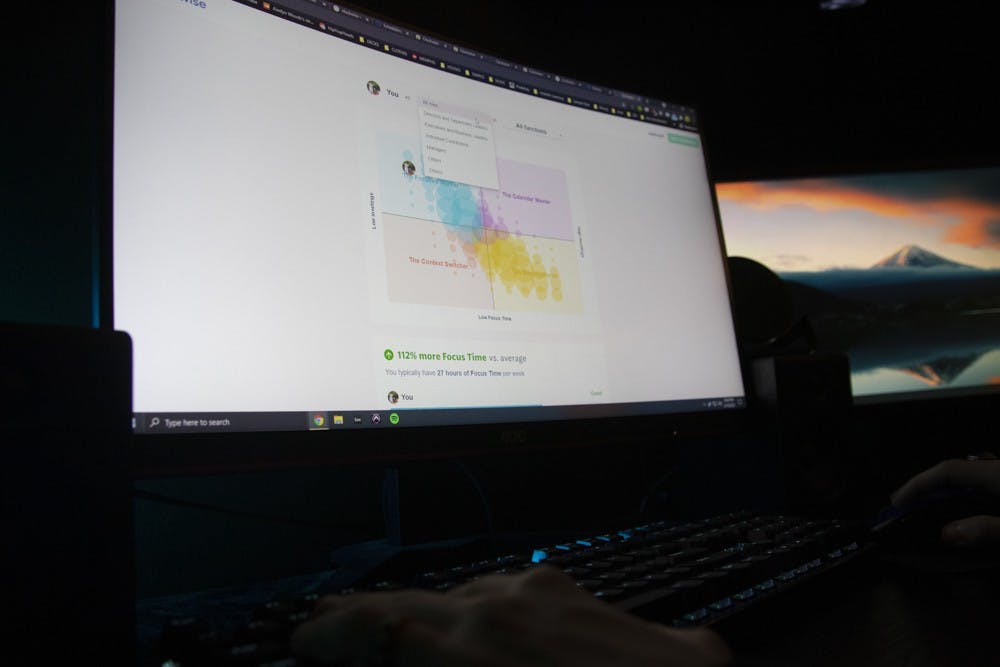In the world of Zoom University, we've all become accustomed to the lack of getting ready in the morning. When class starts at 9 a.m., it’s easy to roll out of bed at 8:55 and click the Zoom link right when class starts.
But with UNC’s intention to fully reopen in fall 2021 with in-person instruction, that approach to time management will no longer be allowed. Sadly, we will have to wear pants to class again.
That readjustment of commuting to class and getting ready in the mornings is going to be a challenge. To help, we talked to Matt Martin, the co-founder and chief executive officer of Clockwise (and a bit of an expert in time management), about what this new beginning could look like — and tips for how to get out of your pajamas and back into the real world.
Readjustment is personal.
The key to readjusting is doing what is best for you as an individual. The constant changing of expectations is creating an environment that demands flexibility, Martin said. By and large, people are excited to get back to in-person environments, but that transition back has to be tailored to the individual.
There will be flexibility and choice.
As we come back, we are going to have more choices in how we work and learn, Martin said. Whether it is choosing to keep learning remotely or using a hybrid approach, that choice cannot lead to stratification.
We need to ensure that remote and in-person learners are on the same playing field, but there are unforeseen consequences to both options. The organizational clock and personal clock may be operating at different speeds now that some people are in person and others are remote, he said. The organizational clock is no longer able to provide the boundaries it once did.



